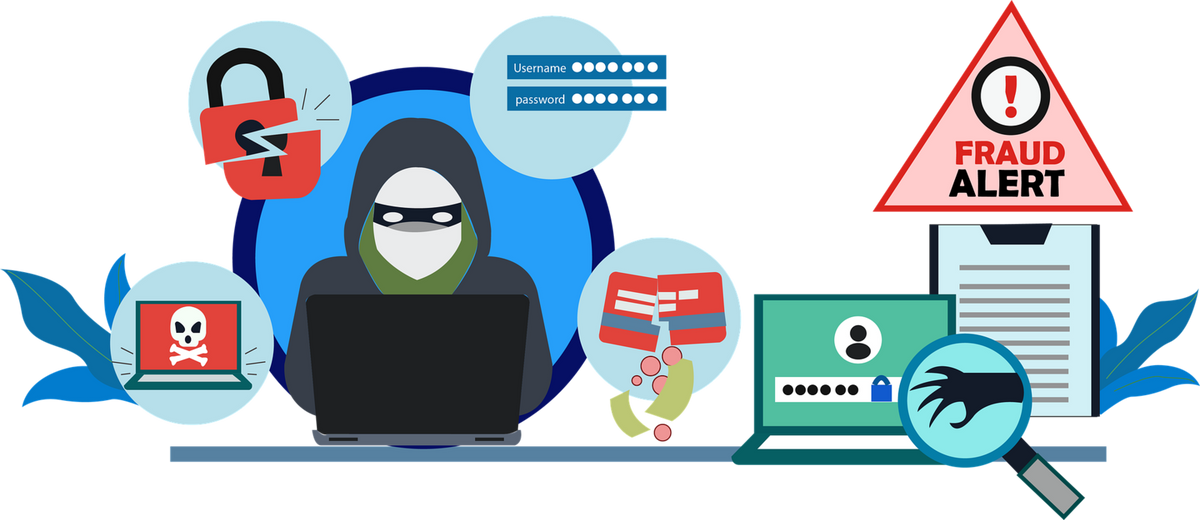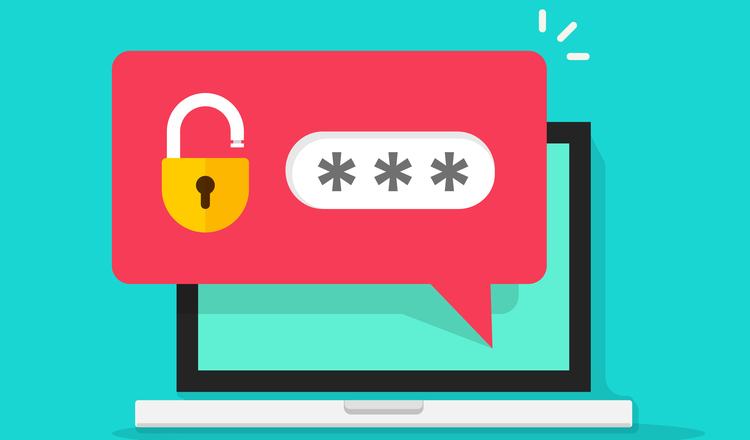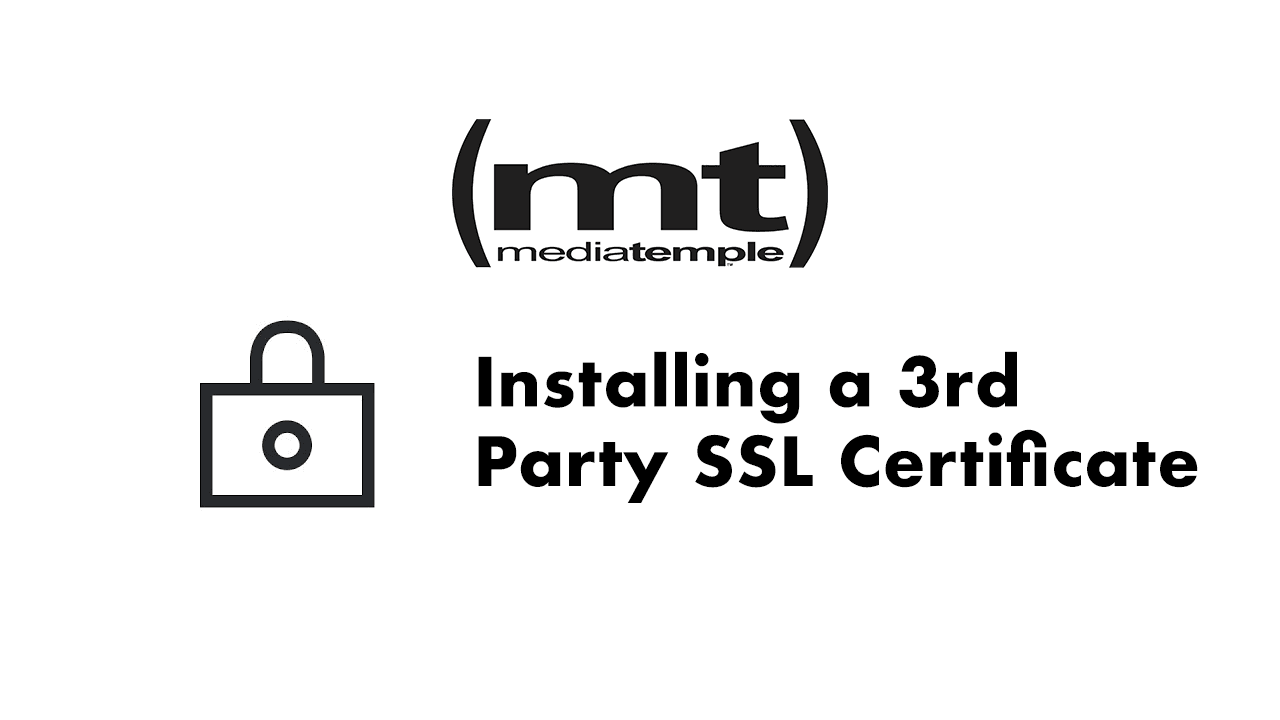
In a virtual world where the internet has taken over many aspects of our lives, passwords have become the key to maintaining account security online. According to the Global Web Index, the average person has 7 social media accounts, 27 online logins per day, and 130 online accounts per email. We use passwords to protect our online accounts from unauthorized access by hackers and other online threat actors, but in recent years, there have been a major rise password-related information breaches all over the world.
Online threat actors such as hackers and identity thieves spend a lot of time and money trying to hack your passwords and illegally access your personal information. When you go online in search of ways to make your passwords more secure, you can be bombarded by headlines filled with misinformation about passwords and the future of authentication and web security. In this article, we’ll look at the most common password misconceptions you’ll come across on the internet.

Password Complexity Is More Important Than Length
One of the most common misconceptions about passwords is that complexity is more important than length. A complex password is one that incorporates more diverse characters and is supposedly more secure than a ‘simple’ password. Experts in the IT profession have demonstrably shown that passwords become more secure with added length compared to using more diverse characters. When it comes to creating more secure passwords, you are better off with a longer password than a shorter, complex password.
Passwords are Nearly Done For
Many experts in the IT profession believe that we are on the verge of eliminating passwords as a form of authentication. While there have been attempts to replace passwords with biometrics and other innovations, these authentication technologies have been found to be extremely insecure. Efforts to come with better authentication technologies are ongoing, but at the moment, there’s no secure way to replace passwords. It’s possible to replace passwords with better authentication technologies but that will take some time.
Passwords Are Supposed to Be Memorable
Another common misconception about passwords is that they should be memorable, which is not true. There are password security tools such as password managers that can help you generate and store secure passwords for all your online accounts. With a password manager, you don’t need to memorize all your passwords. You can safely store them in the password manager. The only password you have to remember is the one to your password manager.
Some Characters Can’t Be Used in a Password
Some websites restrict passwords in terms of characters you can use to create one. This is particularly common among institutions such as banks and government departments. These institutions impose password restrictions for a litany of reasons. As a result, some users believe that some characters cannot be used in passwords, but that’s not true. A password can include literally any character that can be typed. Some websites will not accept certain characters but that doesn’t mean that you can’t use them on other websites.
Passwords Are Insecure
Another common password misconception is that passwords are no longer secure as a form of authentication. On the contrary, passwords are a quite decent option compared to alternatives such as biometrics. Keep in mind that a password should be strong and unique for it to be secure. If you don’t put a lot of effort in creating strong passwords, hackers can use techniques such as brute-forcing to access their accounts and steal sensitive information.
As you can see, there is a lot of misinformation and misconceptions about passwords and the future of authentication online. Don’t be alarmed, passwords are still effective when it comes to keeping your online accounts secure. As long as you exercise caution in your online activities, especially when it comes to opening links and email attachments, you will be able to mitigate the risk of password hacking. Additionally, make sure that your computer is up to date and use a password manager to store strong, unique passwords. A VPN service – like the one available at ExpressVPN – can also help protect your information online.
Was This Helpful?
If so, please consider making a donation - your support allows me to continue putting out content like this!



